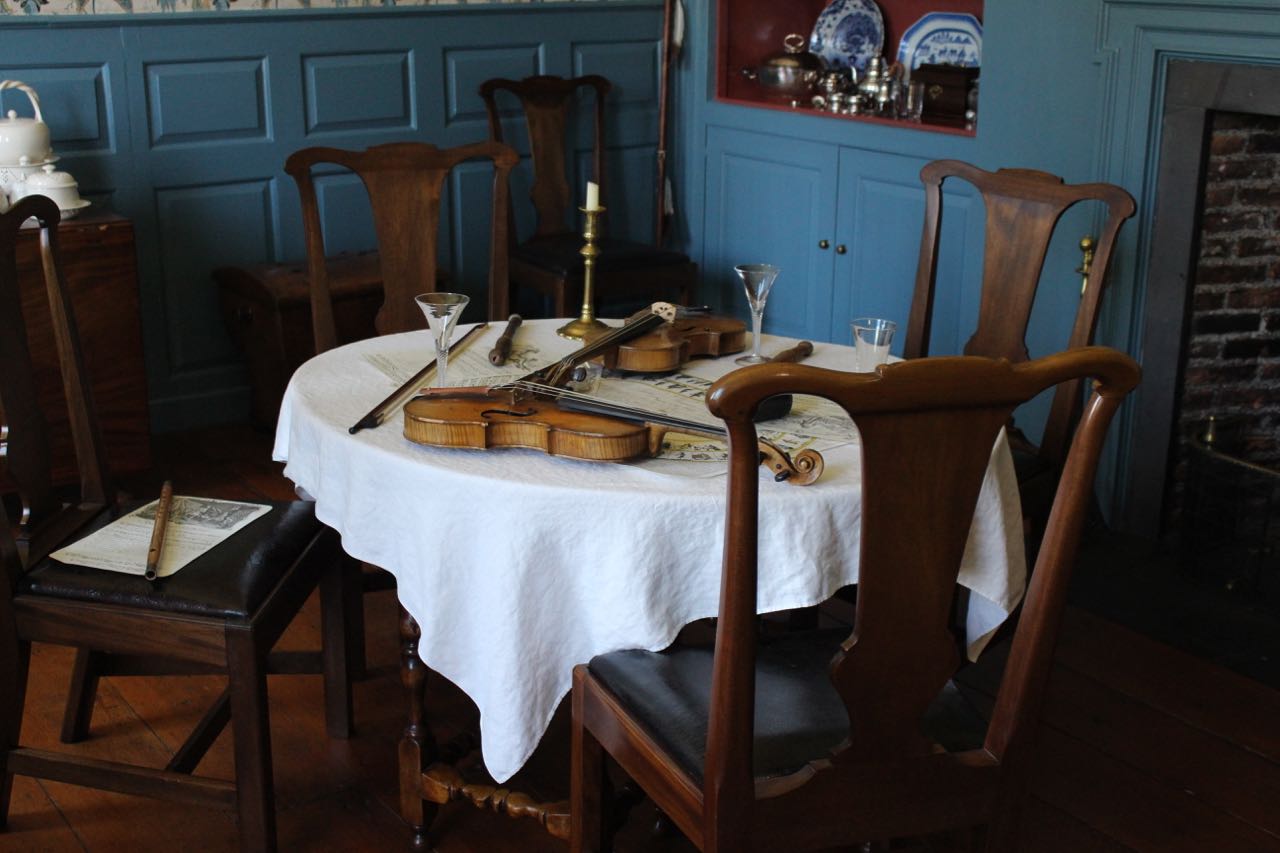The First Baronet of New York
Sir William Johnson, emigrated from Co. Meath, Ireland to New York in 1737. He was a young man of 22 when his uncle Peter Warren hired him to lead 12 Irish families to establish a community on his land near present-day Warrensburgh. Upon arrival, Johnson quickly built his fortune through the fur trade and land acquisition.
In 1755, King George II of England bestowed the title of Baronet upon Johnson after his deeds in the Battle of Lake George. (This title has passed down to his descendants to this day. The current Baronet of New York lives in London.)
More than his growing wealth or his title, it was his extraordinary ability to communicate with the Native Americans that made him a legend of colonial New York. He learned to speak the Mohawk language, had eight children with his Mohawk wife Molly Brant, and was given a name of honor by the Mohawks – “Warraghiyagey” – which in English means, “a man who undertakes great things.”
Johnson Hall, which is now a state historic site in Johnstown, was known for generous hospitality with plenty of music and dancing, fine food and drink, a menagerie of pets including dogs, birds, and monkeys, and rooms to accommodate a constant stream of guests.
After Johnson died of a stroke while speaking at an Indian conference at his home on July 11, 1774, he left an estate of 170,000 acres of land.
Two years later, his heir, Sir John Johnson, lost it all when American patriots seized the property during the Revolutionary War. When you visit Johnson Hall State Historic Site, you can still see the marks on the bannister where patriot militia members pounded their rifle butts on the day they took the house.




